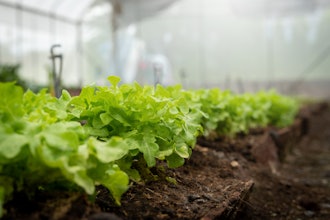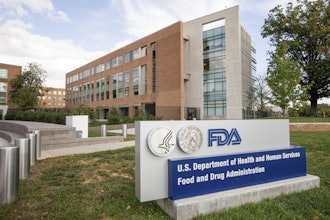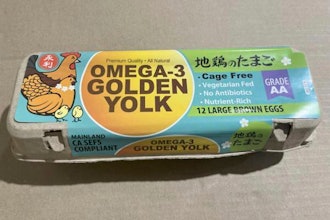Whether you are already running a food manufacturing business or considering investing in this kind of manufacturing startup, safety is one of the most vital elements. When working with food production, safety is critical for the end customer and your employees. While you will be guided by stringent restrictions that are pretty extensive, you should also consider additional food safety measures.
Just as any manufacturing business should, it is critical to prioritize facility and machinery maintenance and cleaning. What's more, often overlooked equipment such as warehouse doors are just as important as the machinery used to manufacture your product. Therefore, you should consider quality warehouse doors and equipment maintenance services from Miner Corp to ensure you can focus on your product and these essential safety tips.
Correct Machine Use
Your employees need to understand and follow the precise guidelines of using your manufacturing machines. Incorrect use is not just concerning for the condition of your manufacturing machines, as it can also hinder product quality and raise safety concerns. Therefore, anyone using the machines should first receive adequate training to operate the specific manufacturing machines. Even if your employees have previous experience in operating, machine components and usage guides can vary.
Machine Maintenance
Machine maintenance is crucial for safety in any manufacturing business. However, it is even more critical when food is the product of choice. Preventative maintenance is not just a means of avoiding downtime that can be exceptionally costly for your profits and reputation. Still, neglected maintenance can impact safety regulations when manufacturing food, and the results can ultimately harm product quality. In terms of safety, neglecting machinery puts your employees at a higher risk of work-related injuries as worn belts can break, injuring an employee while also potentially contaminating any nearby food products on the production line.
Prioritize Sanitation
Food contamination can occur before, during, and after the manufacturing process. Ideally, you should document each step of the production process, including time required, chemicals used, temperature details, and everything else. With that said, employees should be wearing protective gear suitable for food manufacturing. This is vital to prevent contamination of products during the production process. Appropriate protective gear will include gloves, face masks, hair nets, and even protective overalls worn over regular clothing or uniforms. Proper protective equipment for your employees is crucial for preventing food contamination and ensuring your employees are protected from pathogens or bacteria that raw materials could contain.
Additional Quality Checks
While you will be subject to various extensive health and safety measures to ensure you are producing food products safe enough for customers while also considering the safety of your employees, it is best also to consider additional steps. Instead of only conforming to the general required standards, implementing further quality checks on your products is a great measure to take to ensure the end product is never inferior. If even one defective product slips through your quality checks and ends up in the hands of a customer, your business reputation will be on the line, and you could even find yourself battling costly lawsuits.
Heightened Organization
Workplace organization can enhance production efficiency. At the same time, it can prevent workplace injuries and improve safety as a direct result. Therefore, it is an excellent idea to keep the workplace as organized as possible. Taking measures to label all cleaning and chemical products used is essential while keeping the workspace neat and tidy is crucial to enhancing workplace organization. If the workplace is organized, there won't be dangerous exposed cables and wires or other hazards that can easily hide within a disorganized manufacturing facility.
By following all the required health and safety restrictions, ensuring your employees are appropriately trained, maintaining your machinery, and keeping your facility organized and clean, you will be keeping your employees and the end customer safe. In addition, to further heighten safety measures, all your employees, supervisors, and managers need to be included in ongoing health and safety training to ensure the workspace is safe and operations are correctly conducted. Furthermore, all subcontractors and suppliers should follow stringent health and safety standards as well.
When running any business that works with food products, whether a manufacturer, a retailer, or others, health and safety is the primary concern, faulty products will not just displease the end customer, but they could also impact your business's reputation in a way that costs you all of your business. While you can purchase various types of insurance, such as product liability insurance, to avoid financial ruin in the event of a lawsuit, it is best to take measures to avoid ever facing a lawsuit.























